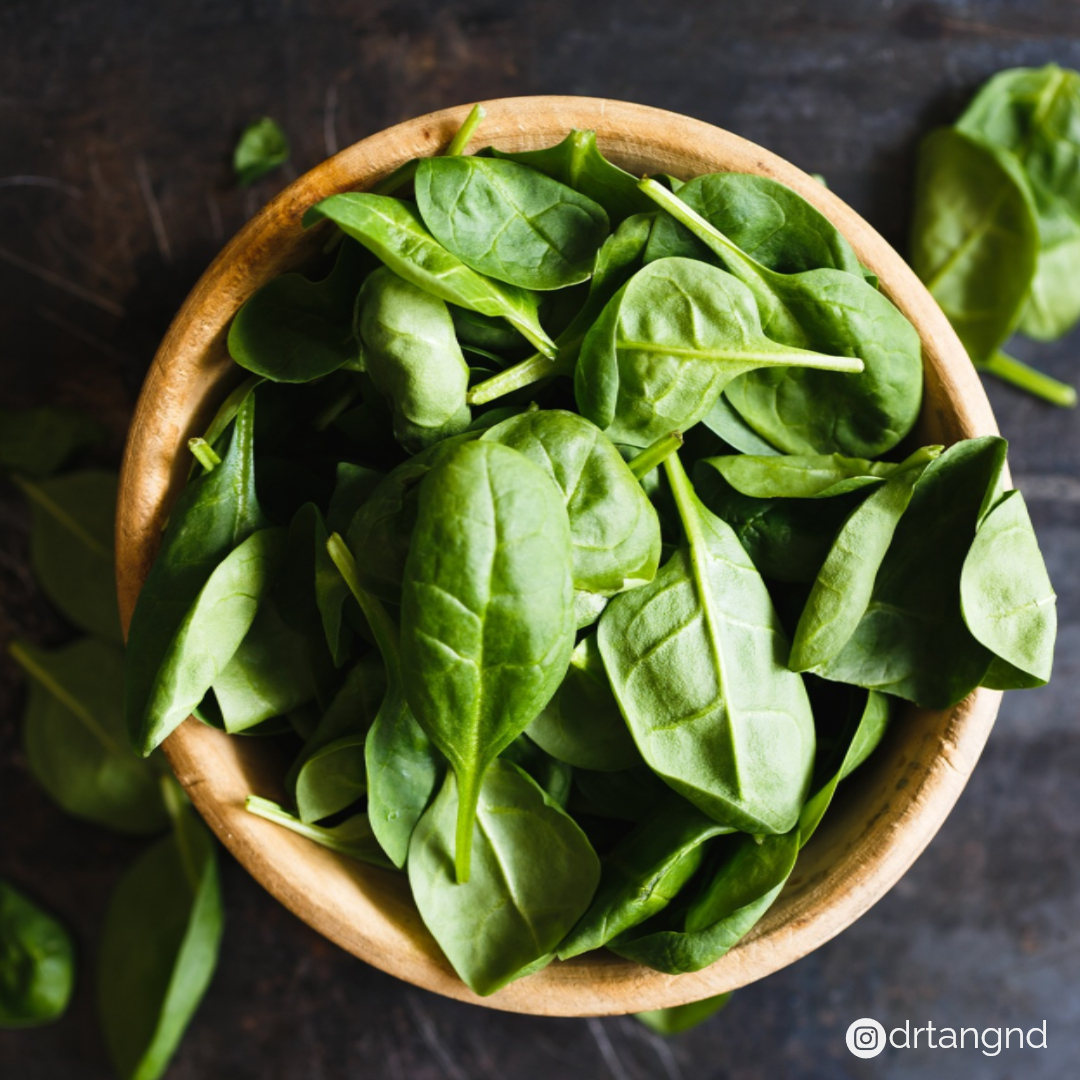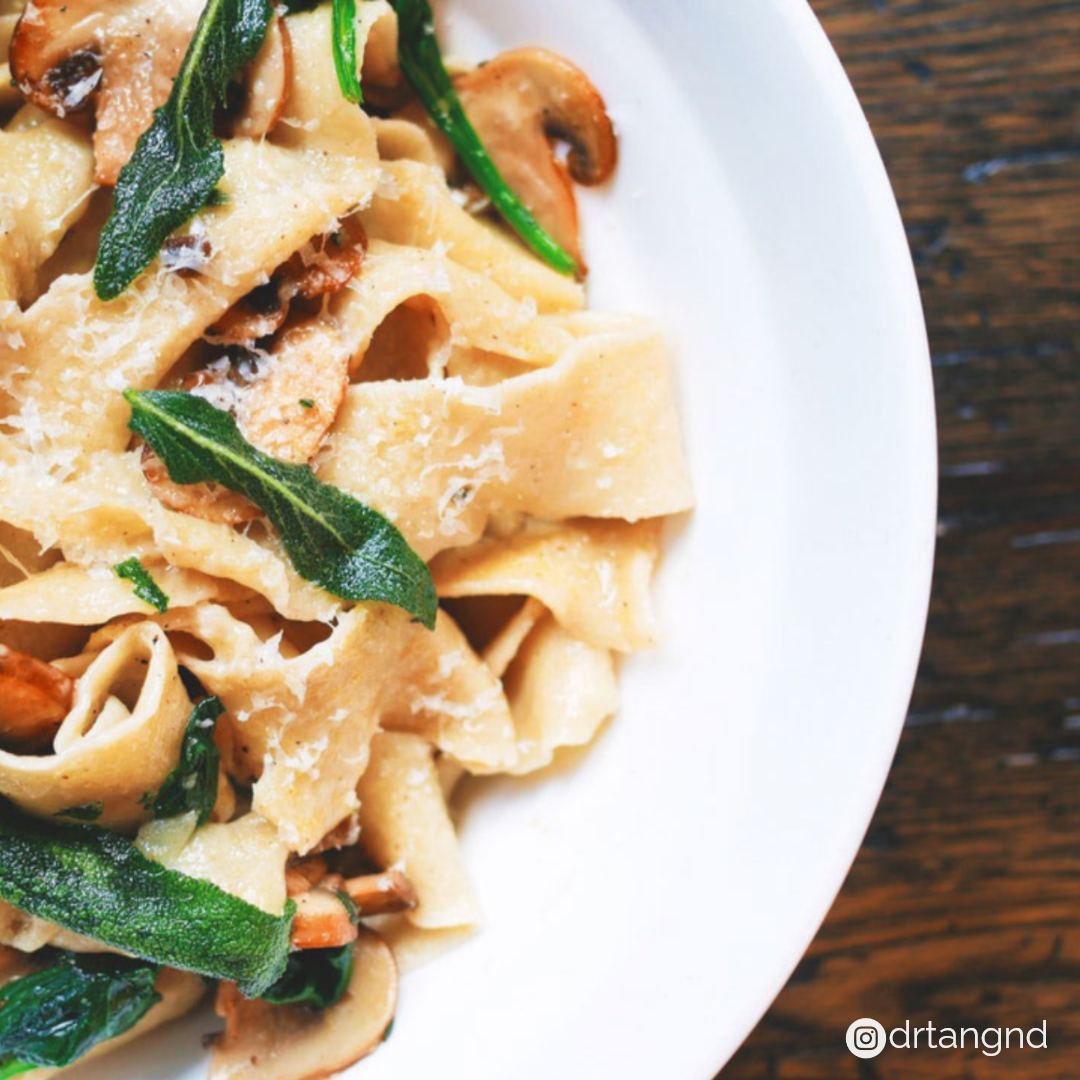Tomatoes – Men’s Health Superfood?
If there were ever a time to be able to eat your way to better health, it would be now. And, if you’ve been around the block long enough, you’ve probably heard that tomatoes are good for you, especially if you’re a male. The main compound that gives tomatoes a good name is called lycopene. Lycopene is what gives tomatoes its red pigmentation, and is responsible for the staining of your cutting boards (although not all red fruits/vegetables contain lycopene). It has been studied a lot in relation to things like prostate cancer and semen quality. A study published in 2014 showed that although a group of 130 men were uncertain about the function of the prostate and about prostate cancer, they had positive beliefs on the effect of lycopene on prostate cancer prevention [1]. In all honestly, not all of the evidence supports the protective effects of lycopene, but a good chunk of it does.
For example, there are some epidemiological studies that show an inverse relationship between intake of dietary tomatoes, tomato products, and lycopene and prostate cancer risk. Different proposed mechanisms of action include: inhibiting growth and differentiation of cancer cells [2], upregulation of tumor suppressor protein [3], and prevention of oxidative DNA damage [4]. One study showed a decrease in prostate specific antigen (or PSA, a plasma marker of prostate health; higher number = more inflamed and associated with increased risk of prostate cancer) [5].
There have been research into fertility as well. Some studies found dietary intake of tomatoes to be positively correlated with semen parameters [6,7]. One small study showed sperm concentration, motility, and morphology improved. Benign prostatic hyperplasia (or BPH) is another common condition among the aging male population, for which lycopene has also been studied as part of effective treatment in combination with other therapies, such as Tamsulosin and serenoa repens (my favourite herb for men’s health) [8,9]. P.s. have troubles with urination and incontinence? Watch out for my next article on BPH!
This doesn’t apply to all supplements, but I’m so happy when I get to say that this is better to get from food than supplementation. The evidence just doesn’t show the same results with supplementation vs. cooked tomato products. That’s the key as well – COOKED tomatoes and tomato products are the ones that have the activated good stuff aka lycopene. A bonus is that tomatoes are rich in anti-oxidants, which help protect against oxidative damage. While this may not be an excuse to have pizza 3 times a week, it is a wonderful chance to explore various chili’s, tomato soups, experiment with different spices and herbs in your homemade pasta sauces, or even include tomatoes in your stir-fry (don’t knock it til you try it!). The key to any treatment is consistency – having one tomato once a week may not do the trick, but if you incorporate it as part of a balanced diet everyday, you will reap the benefits of an amazing antioxidant and, dare I say it, men’s health superfood.
Keep up to date by following me on Instagram, Facebook, and Twitter (@drtangnd).
References:
- Horwood JP, Avery KN, Metcalfe C, Donovan JL, Hamdy FC, Neal DE, Lane JA. (2014). Men’s knowledge and attitudes towards dietary prevention of a prostate cancer diagnosis: a qualitative study. BMC Cancer. 14:812. doi: 10.1186/1471-2407-14-812.
- Bertram JS. (1999). Carotenoids and gene expression. Nutr. Rev. 57: 182-191
- Bertram JS, Pung A, Churley M, Kappock TJ 4th, Wilkins LR, Cooney RV. (1991). Diverse carotenoids protect against chemically induced neoplastic transformation. Carcinogenesis. 12(4):671-8.
- Riso P, Pinder A, Santangelo A, Porrini M. (1999). Does tomato consumption effectively increase the resistance of lymphocyte DNA to oxidative damage? Am J Clin Nutr. 69(4):712-8.
- Kucuk O, Sarkar FH, Sakr W, Djuric Z, Pollak MN, Khachik F, Li YW, Banerjee M, Grignon D, Bertram JS, Crissman JD, Pontes EJ, Wood DP Jr. (2001). Phase II randomized clinical trial of lycopene supplementation before radical prostatectomy. Cancer Epidemiol Biomarkers Prev. 10(8):861-8.
- Durairajanayagam D, Agarwal A, Ong C, Prashast P. Lycopene and male infertility. Asian J Androl. 2014 May-Jun;16(3):420-5.
- Gupta NP, Kumar R. Lycopene therapy in idiopathic male infertility–a preliminary report. Int Urol Nephrol. 2002;34(3):369-72.
- Morgia G et al. Serenoa repens, lycopene and selenium versus tamsulosin for the treatment of LUTS/BPH. An Italian multicenter double-blinded randomized study between single or combination therapy (PROCOMB trial). Prostate. 2014;74(15):1471-80.
- Minutoli L, et al. Serenoa Repens, lycopene and selenium: a triple therapeutic approach to manage benign prostatic hyperplasia. Curr Med Chem. 2013:20(10):1306-12.


